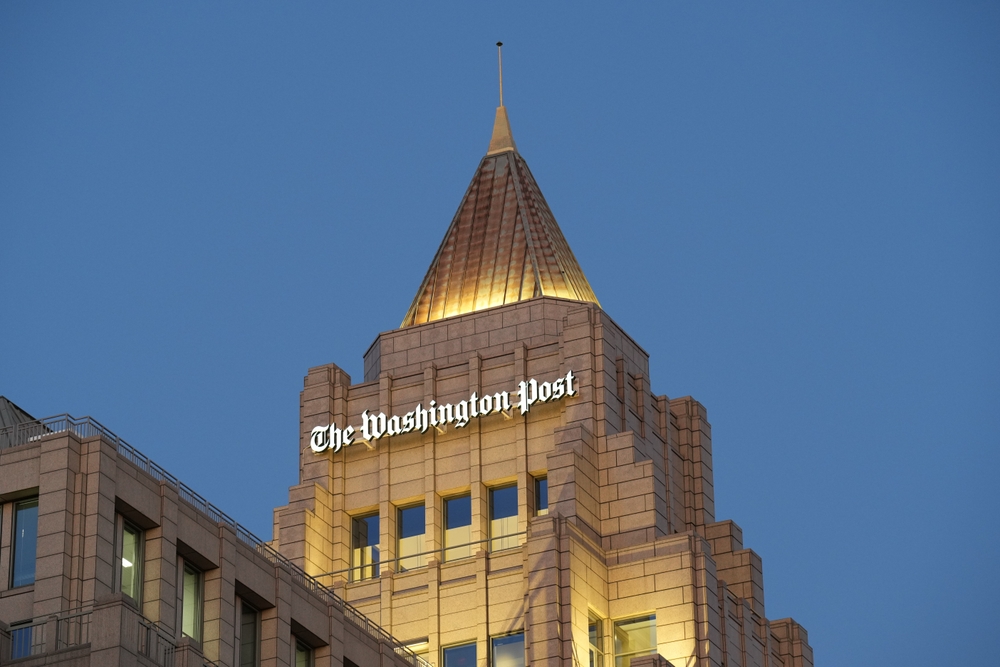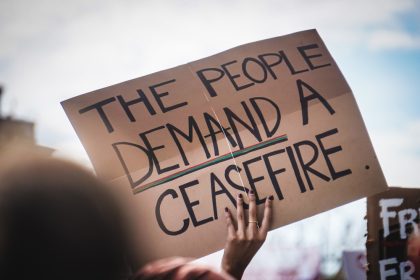In a surprising turn of events, The Washington Post has seen a significant drop in its subscriber base, losing over 200,000 subscribers following a controversial decision by owner Jeff Bezos. The cancellations began on Oct. 28, coinciding with the decision to block the publication from endorsing Vice President Kamala Harris in the upcoming presidential election.
Understanding the subscriber loss
The recent wave of cancellations represents nearly 8% of The Post‘s paid circulation, which totals around 2.5 million subscribers, including both digital and print. Former executive editor Marcus Brauchli expressed concern over the magnitude of the loss. He emphasized the uncertainty surrounding the decision, noting that the reasoning behind it remains unclear.
Editorial independence or strategic move?
Will Lewis, the Chief Executive and publisher of The Post, defended the decision by asserting that the paper has historically positioned itself as an independent entity. However, this narrative has been challenged by former executive editor Marty Baron, who questioned the timing of the decision. With the election just days away, Baron suggested that if the decision had been made earlier, it might have been more justifiable.
Bezos acknowledges the timing issue
Jeff Bezos himself recognized the problematic timing of the decision. In an op-ed published on the same day as the cancellations, he expressed regret for not making the change sooner, stating, “I wish we had made the change earlier than we did, in a moment further from the election and the emotions around it.” He attributed the decision to inadequate planning rather than a deliberate strategy.
The rationale behind the decision
In his op-ed, Bezos defended the choice to refrain from endorsements, arguing that they do not significantly influence election outcomes. He stated, “Presidential endorsements do nothing to tip the scales of an election. No undecided voters in Pennsylvania will say, ‘I’m going with Newspaper A’s endorsement.’ ” Instead, he claimed that endorsements create a perception of bias, which he believes undermines the publication’s independence.
Impact on editorial staff
The fallout from Bezos’ decision has also affected the editorial team at The Post. Following the announcement, two columnists and two editorial board members resigned, including David Hoffman, who had recently accepted a Pulitzer Prize for editorial writing. Another writer, Molly Roberts, took to social media to express her concerns about the implications of remaining silent during a presidential campaign, stating, “The quieter we are, the closer he comes” in reference to Donald Trump.
A critical moment for journalism
The situation at The Washington Post raises important questions about the role of media in political discourse and the implications of ownership decisions on journalistic integrity. As the publication navigates this crisis, the future of its editorial independence and subscriber trust hangs in the balance. The loss of subscribers not only impacts the paper’s bottom line but also reflects broader concerns about the media’s influence and responsibility in shaping public opinion.
















